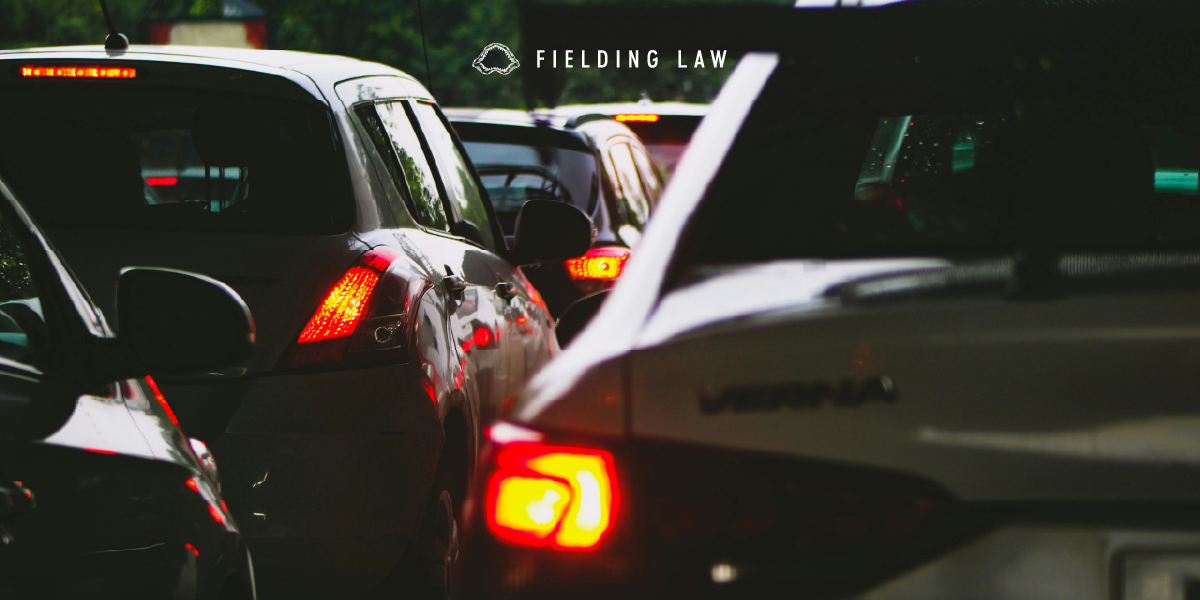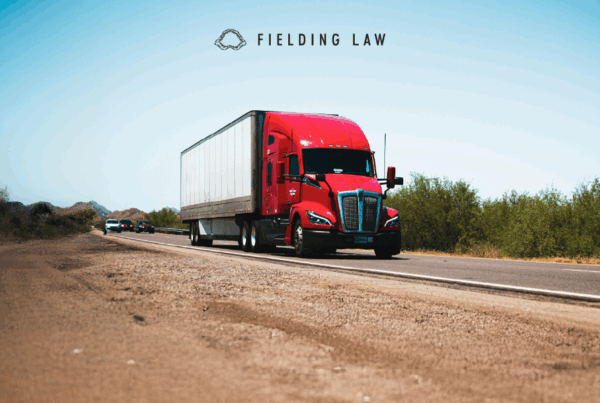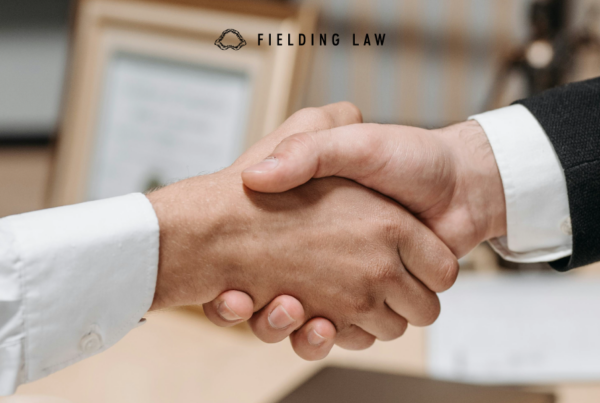What Is a Chain-Reaction Accident?
A chain-reaction accident happens when three or more vehicles crash in a sequence, usually triggered by a single initial collision. These accidents are common on busy roads and freeways in California and Arizona, especially during stop-and-go traffic, bad weather, or distracted driving.
For example, one driver may rear-end another vehicle, pushing it into the car ahead—causing a domino effect of impacts. This often leaves victims confused about who is responsible and how to recover for their injuries or damaged property.
What Makes These Cases Complicated?
Unlike a two-car crash, a chain-reaction accident involves multiple drivers, varied speeds, and split-second timing. Because of this, determining fault requires close analysis of:
-
Vehicle positions
-
Impact damage
-
Traffic camera footage or dash cams
Fault is not always placed on just one driver. It is possible that multiple drivers contributed to the crash—for example, a distracted driver may have caused the first impact, but a speeding or tailgating driver behind may have made the situation worse.
What This Means for You
If you are injured in a chain-reaction accident, your situation may feel overwhelming. Insurance companies often shift blame or delay payment while they “investigate.” You may not even know which driver’s insurance should cover your losses.
You could be entitled to compensation for:
The key is getting a clear picture of who was negligent—and having a legal team that can fight for your rights.
Why Hire Fielding Law
At Fielding Law, we know how chaotic chain-reaction accidents can be. These cases demand detailed investigation, quick action, and a legal strategy tailored to your injuries and the facts of the crash.
We treat every client with care and compassion while providing strong legal representation throughout the process.
If you were injured in a chain-reaction accident, do not try to handle it alone. Call 833.88.SHARK or contact Fielding Law for a free consultation.
Note: Information provided is for educational purposes and does not constitute legal advice. Always consult with a qualified attorney for legal concerns.





